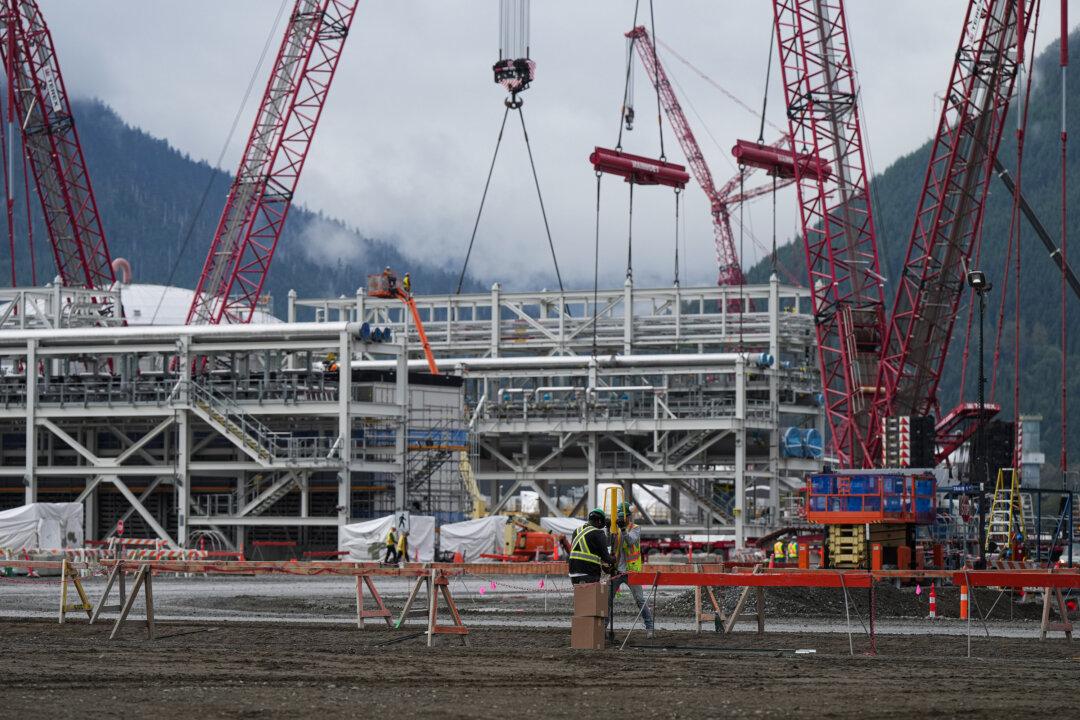Five protesters involved in blocking access to the construction of a liquefied natural gas pipeline in northern B.C. last November have pleaded guilty to criminal contempt of court for defying a court order that forbade them from continuing with the blockade.
All five Coastal GasLink opponents were sentenced by Justice Michael Tammen at the B.C. Supreme Court on Dec. 12, resulting in a $500 fine for three of them, and 25 hours of community service for the other two, according to a CBC News report the same day.





